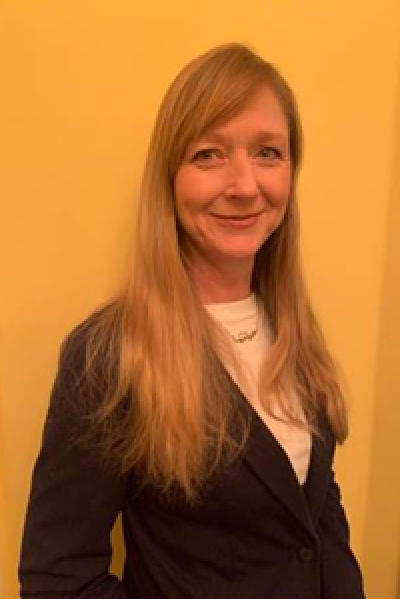Kym Provan decided to train for the legal profession after having a family, and has since pursued a rewarding career working for those affected by clinical negligence.
Kym had three children when she embarked on an undergraduate degree in law, and then completed the year-long postgraduate Legal Practice Certificate (LPC) at BU. She said: “Having my family made me reassess what I wanted to do for work. It motivated me to invest in my education to pave the way for a more fulfilling, long-term career.”
At the start of the training process, Kym did not have a fixed idea on the type of law she would specialise in. Having chosen units on commercial operations during her degree and LPC, she had begun to lean towards insolvency litigation as a potential area of specialism. It wasn’t until she took up her first training seat that she discovered a real interest in personal injury and medical negligence law, which has continued unabated throughout her career. Today she is a Partner at Enable Law, where she specialises in complex, high value cases involving cerebral palsy, brain injury, cauda equina syndrome, spinal cord injury and delayed diagnosis.
Kym said: “I find this area of work extremely rewarding. We work with a huge range of clients, sometimes helping to ensure that individuals are able to pay for life-changing care and adaptations and in other cases securing compensation for families who have lost loved ones. It is emotionally tough, and you don’t become immune to that with experience. Ultimately, however, it is satisfying to know that you can make a really positive impact on people’s lives.”
When it comes to the soft skills required for this type of legal work, Kym says that it is a combination of communication and empathy, coupled with an excellent attention to detail and an analytical mind. She said: “It helps to have a good memory. Cases can involve lots of cross-referencing, as well as an ability to look at a situation from different perspectives and draw out potential inconsistencies that prompt you to investigate further. While there are similarities in the cases we pursue, no two cases are the same and you are learning all the time.”
Kym’s advice to recent graduates entering the field is to maintain a willingness to learn and to ask questions. She said: “We encourage new entrants to make the most of the skills and knowledge around them in the practice and to ask questions. That workplace culture of absorbing what is going on around you is made more difficult when people are working from home due to lockdown. It’s one of the things we are trying to tackle as a company, because we understand the value of learning from colleagues who have such a wealth of experience and expertise to share.”
